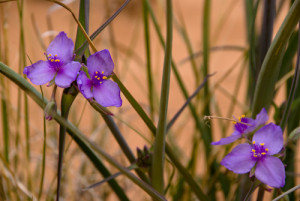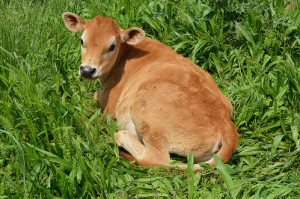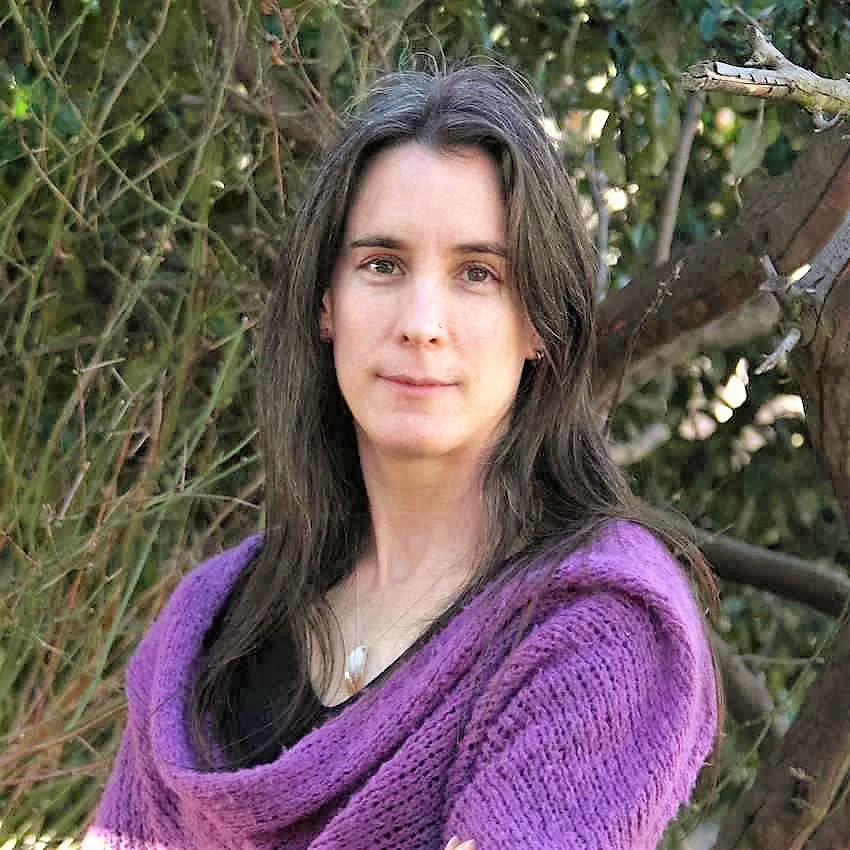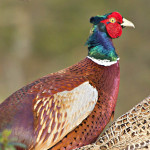Dr. Ruth Valerio, environmentalist and theologian, social activist and author speaks about animal welfare, ethical consumerism and reducing our resource consumption.
Tell us about yourself and your interest  in eco-advocacy
in eco-advocacy
I live in the lovely little city of Chichester, with my husband Greg (a jewelry campaigner – take a look at gregvalerio.com) and two teenage daughters, Mali and Jemba. We are part of Revelation Church but also have our own, quite contemplative faith that outworks itself through various rhythms and practices.
I had my eyes opened to the ecological side of the Christian faith when I read a book called Whose Earth? whilst at university. I was already on quite a journey, learning about issues of social justice and how being a Christian meant we had to care passionately and actively about these things, and this was the missing piece of the jigsaw. I became very evangelistic about my new-found eco-faith, much to the understandable annoyance and misunderstanding of people around me!
Is Green living about “giving things up” for the sake of a common good or does it in fact have advantages over 21st Century consumerist living?
This is the heart, actually, of what I tackle in Just Living: Faith and community in an age of consumerism. We live in a society that trains us to want to be regularly upgrading and gradually accumulating more things. At the same time, we are aware of the terrible and complex problems our world is facing (climate change, poverty, hunger, deforestation, refugees, species extinction……) and we have a deep desire to do something about them and a sense that how we live might have something to do with the problems and the solutions. Undergirding all of that, we want Jesus to be at the centre of our lives and for him to make a difference to how we live.
So your question is really about how we join the dots: between our globalised, consumer society and its problems, our lifestyles, and our faith. I explore that in Just Living and look at how living well will sometimes mean saying ‘no’ to those aspects of consumerism that are harmful and destructive, but is also often about saying ‘yes’, to a different way of living, one that is generous and abundant and focused on our relationships, and how actually, a life focused on the wellbeing of others becomes a life in which we find our own wellbeing too. It’s amazing how God has made us that way!
Do you see your Green lifestyle to be an expression of faith?
 Absolutely. All of what I do comes out of my faith in a Trinitarian God who is Creator, Sustainer, Redeemer and Saviour (and many other things besides). As human beings, we have been created to be involved in looking after this world that God has made. Jesus’ blood was shed on the cross to reconcile all things to him – yes people, but so much broader too: all things!
Absolutely. All of what I do comes out of my faith in a Trinitarian God who is Creator, Sustainer, Redeemer and Saviour (and many other things besides). As human beings, we have been created to be involved in looking after this world that God has made. Jesus’ blood was shed on the cross to reconcile all things to him – yes people, but so much broader too: all things!
Therefore (and that’s a very Pauline word: Paul always moves from theology to ethics with ‘therefore…’), how I live my life – whether my lifestyle damages other people and places, or whether it benefits them – is a Christian thing. You could put it negatively in this way: if I ignore Fairtrade alternatives when shopping or buy meat from intensive agro-systems, then those choices are saying that I don’t believe in a God who has made all people in his image and whose care and compassion extends to all living things, even if I might say I do with my lips.
We know that the way we live our lives says a lot about our faith, and that is no less true when it comes to things like ethical consumerism and reducing our resource consumption.
Does Christianity have a distinctive voice in the debate about animal welfare?
 Yes I think so. The debates can sometimes get tied up in arguments about whether the worth of animals are intrinsic (i.e. internal to themselves: they have their own value in-and-of-themselves), or extrinisic (i.e. external to themselves: their value is in their usefulness to us, whether in providing our food or giving us aesthetic pleasure or whatever.
Yes I think so. The debates can sometimes get tied up in arguments about whether the worth of animals are intrinsic (i.e. internal to themselves: they have their own value in-and-of-themselves), or extrinisic (i.e. external to themselves: their value is in their usefulness to us, whether in providing our food or giving us aesthetic pleasure or whatever.
Both of those have a point to them, but the Christian perspective is that animals are theotrinsic. What that basically means is that the value of animals (and let’s not forget that we are animals too) is found in the fact that God has created them (us): animals issue forth from a good God, and therefore are good and valuable as part of that good God’s handiwork.
As Christians, this should spur us on to look after all living creatures, both human and other-than-human, to make sure they are living good lives, not being abused, able to live in a thriving habitat and so on.
How can individual Christians begin to live a greener, more animal friendly life?
The issues are incredibly complex, but the good news is that the basic principles of how to live are relatively simple. The biggest step we can all take is to eat significantly less meat and dairy than most of us do, really turning our diet on its head so we eat predominantly vegetables and grains with a bit of meat, dairy and fish mixed in. Of course, many people reading this interview will want to go vegetarian or vegan, but for most people just reducing their meat consumption will be challenging enough! And then when/if we do eat meat and fish, make sure it comes from animals and fish reared with high levels of welfare and/or from sustainable stocks.
From that, there are lots of things that we can do. I’d recommend people look at the Green Living section of my website (www.ruthvalerio.net) and get hold of Just Living and L is for Lifestyle: Christian living that doesn’t cost the earth. There is also really good stuff on the A Rocha UK Living Lightly pages.
Just remember: we can’t do everything but we can all do something.




